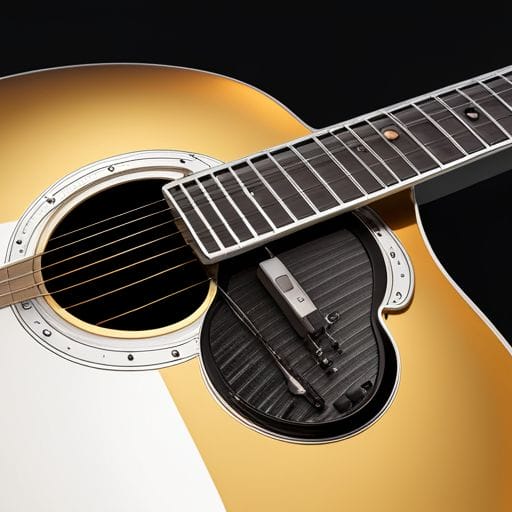Producing Country Music: Signature Instruments and Sounds

How can a music producer enhance these signature sounds in the production process?
Country music, colloquially known as country and western, is a genre of music that originated in the Southern United States. It has its roots in genres such as folk music and blues. Renowned for its lyrics, performance style, and melodious tunes, country music has a distinct aura and a deep history. An important aspect of this genre’s unique sound is the use of specific signature instruments. In this article, we delve into some of these musical instruments, the sounds they produce, and how they’ve enabled the genre to sustain its identity across different generations and cultures.
Acoustic Guitar
Perhaps the most iconic instrument in country music is the acoustic guitar. When it comes to producing that real country sound, the acoustic guitar is almost always the go-to instrument. The twinkling strings and full-bodied strumming—especially with techniques such as fingerpicking and slides—give country music a distinct rhythm and tone. Notable country artists who famously played the acoustic guitar are Johnny Cash and Willie Nelson.
Pedal Steel Guitar
The Pedal Steel Guitar, known for its hauntingly beautiful slidings tones, which unleash a unique, unmistakable sound, is a staple in the territory of country music. This complex instrument with its pedals and knee levers might seem intimidating, but it provides musicians the flexibility to change pitches while remaining in contact with the strings, which significantly influences the characteristic sound in many country songs.
Banjo
The Banjo arrived in America through African slaves and it has deep roots in country music. A five-string plucked instrument, the Banjo can render a variety of sounds that can help create an energetic ‘hoedown’ style or a melancholic tune. Musicians like Earl Scruggs mastered the three-finger picking style that has since become a benchmark for many country banjo players, ensuring it remains a popular instrument within the genre.
Fiddle
No country song would seem complete without the magical strains of the fiddle. From upbeat dancing numbers to somber tales of lost love, the fiddle never fails to inject its spirit into a song. Its violin-like sound has been central to country music since its inception, lending emotional depth and flavor. The legendary Bob Wills, known as the “King of Western Swing,” was a virtuoso fiddler who left an indelible mark on country music.
Mandolin
The Mandolin, although less common than the guitar or banjo, has made significant contributions to country music. Its bright, ringing sound can add a distinct texture to a country song. In the hands of skilled players, the mandolin offers a refreshing blend of rhythm and melody, making it a versatile addition to the country music tools.
Harmonica
“The Mouth Harp” as it is often referred, the harmonica, is another well-known instrument in country music. Its small size hides its powerful presence and dynamic range. The talented country artist, Charlie McCoy, demonstrates the mighty sound a harmonica can produce in country music.
In conclusion, the instruments used in country music play a significant role in the genre’s distinctive sound. Whether it’s the twang of an acoustic guitar, the sliding tones of a pedal steel guitar, the energetic strikes of a banjo, or the haunting notes of a fiddle, these signature sounds define the heart and soul of country music.
